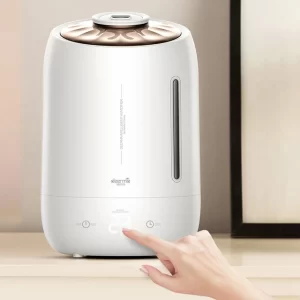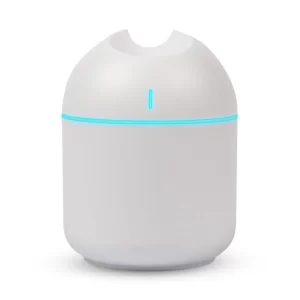Water Options for Humidifiers: Is Distilled Water Necessary?
Introduction
When it comes to filling a humidifier, choosing the right type of water is a common concern. Many wonder if distilled water is necessary or if other water sources can be used. In this informative guide, we will explore various water options for humidifiers and discuss the advantages and potential drawbacks of using distilled water. We will also touch upon alternative water choices and provide recommendations for maintaining a healthy and efficient humidifier.
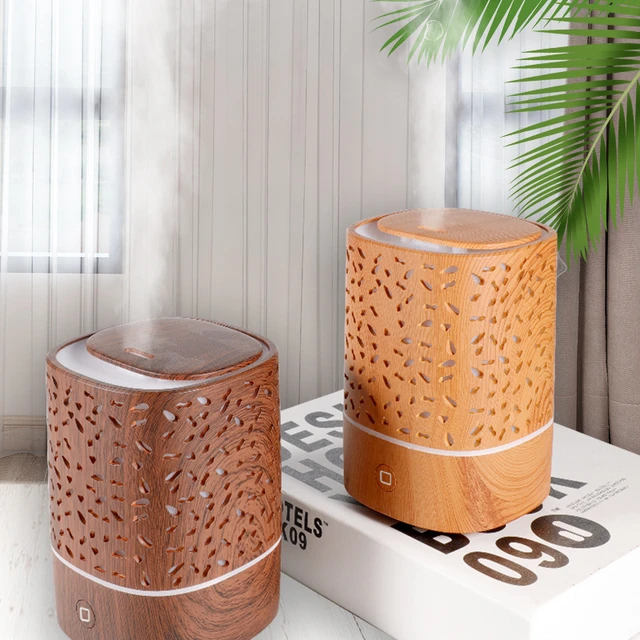
Water Options for Humidifiers: Is Distilled Water Necessary?
I. Water Options for Humidifiers
-
Distilled Water:
- Distilled water is water that has undergone a distillation process, removing impurities, minerals, and any potential contaminants.
-
Tap Water:
- Tap water is the water that comes directly from household faucets. It contains minerals and additives found in the local water supply.
-
Filtered Water:
- Filtered water has been treated to remove impurities through filtration methods such as carbon filters or reverse osmosis.
II. Advantages of Using Distilled Water
-
Mineral-Free:
- Distilled water is free from minerals, such as calcium and magnesium, which can lead to mineral deposits or white mineral dust in the humidifier and surrounding areas.
-
Reduced Scale and Build-up:
- The absence of minerals in distilled water helps prevent scale and mineral build-up inside the humidifier, improving its performance and prolonging its lifespan.
-
Lower Risk of Bacterial Growth:
- Distilled water has fewer contaminants, reducing the likelihood of bacterial growth inside the humidifier and potentially improving air quality.

III. Potential Drawbacks of Using Distilled Water
-
Cost:
- Distilled water is typically more expensive compared to tap water or filtered water, especially if you regularly use your humidifier.
-
Inconvenience:
- Regularly purchasing and stocking distilled water can be inconvenient, particularly if you rely heavily on your humidifier or have multiple units.
IV. Alternative Water Options
-
Tap Water:
- Tap water is a widely used option for humidifiers due to its availability. However, it contains minerals that may lead to mineral deposits and white mineral dust.
-
Filtered Water:
- Using filtered water, whether from a filter pitcher or an under-sink filtration system, can help reduce mineral content and other impurities in the water.
V. Factors to Consider
-
Water Hardness:
- Consider the hardness of your tap water when deciding whether to use it in a humidifier. Hard water with high mineral content may result in more significant scale and mineral build-up.
-
Humidifier Type:
- Different types of humidifiers may have varying sensitivities to water quality. Ultrasonic humidifiers, for example, may be more prone to white mineral dust with tap water.
VI. Maintenance Practices for Healthy Humidification
-
Regular Cleaning:
- Regardless of the type of water used, regular cleaning of the humidifier is essential to prevent bacterial growth, mold formation, and mineral deposits.
-
Specific Manufacturer Guidelines:
- Follow the manufacturer’s recommendations regarding water use and maintenance for your particular humidifier model to ensure optimal performance and longevity.
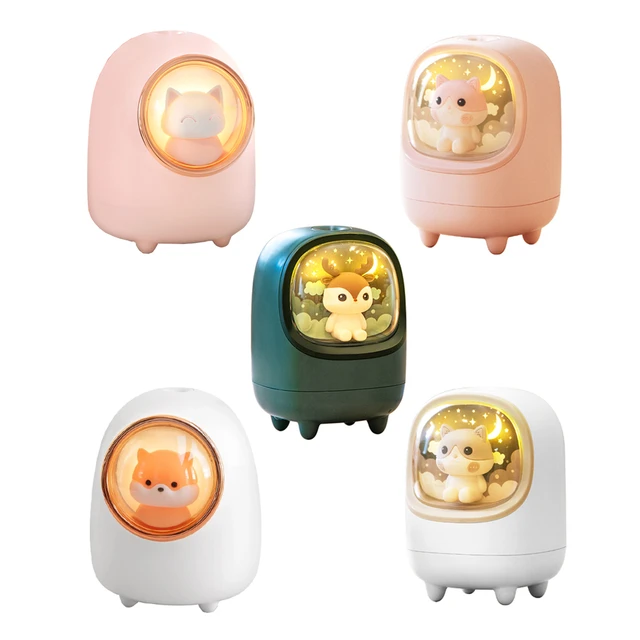
VII. Monitoring and Adjustment
-
Hygrometer Usage:
- Monitoring the humidity levels in your environment using a hygrometer can help adjust your humidifier’s use and maintain the desired humidity range.
-
Observation of Indoor Conditions:
- Pay attention to any signs of mineral deposits, excessive dust, or mold growth in the area surrounding the humidifier, and adjust your water choice or cleaning routine accordingly.
VIII. Consultation with Manufacturer or Professional
-
Manufacturer Recommendations:
- Consult the manufacturer’s guidelines for your specific humidifier model. They may provide specific recommendations on water quality and offer insights into potential risks or limitations.
-
Professional Advice:
- If you have concerns about water selection or potential issues related to water usage in your humidifier, seek advice from a professional in the field of indoor air quality or appliance maintenance.
-
Humidifier Size and Usage:
- The size and usage patterns of your humidifier can also influence the water choice. Larger humidifiers may require more water and be more prone to mineral build-up. If you use your humidifier infrequently, using tap water may be more reasonable.
-
Baby’s Nursery:
- When using a humidifier in a baby’s nursery, consider the impact of water quality on air quality and potential health concerns. Distilled or filtered water can be a safer choice to minimize any risks.
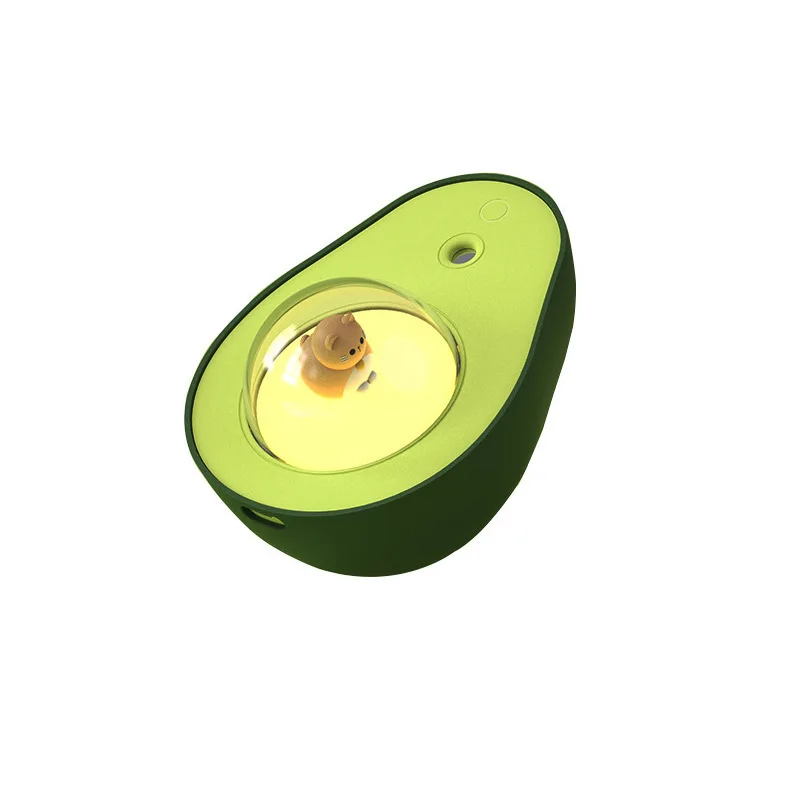
Can a humidifier with distilled water have an effect on sleep?
Using a humidifier with distilled water generally does not have a direct effect on sleep. In fact, a properly used humidifier can actually improve sleep quality for some individuals.
Humidifiers add moisture to the air, which can help alleviate dryness in the nasal passages, throat, and skin. This can be particularly beneficial for those who experience discomfort or irritation due to dry air, especially during the winter months or in dry climates. By increasing humidity levels, a humidifier may help soothe respiratory congestion, reduce snoring, and provide a more comfortable sleep environment.
However, it is important to use a humidifier appropriately to avoid any potential negative effects. Overusing a humidifier or setting the humidity level too high can create excessive humidity in the room, leading to dampness or high moisture levels. This can promote the growth of mold, mildew, and bacteria, which can negatively impact air quality and potentially affect sleep.
To ensure optimal sleep conditions with a humidifier, it is advisable to monitor and adjust humidity levels to maintain a comfortable range (typically around 30-50%). Regular cleaning and maintenance of the humidifier to prevent the buildup of mold or bacteria are also important steps to take.
If you have specific concerns or medical conditions related to sleep, it is always recommended to consult with a healthcare professional for personalized advice on the use of a humidifier.
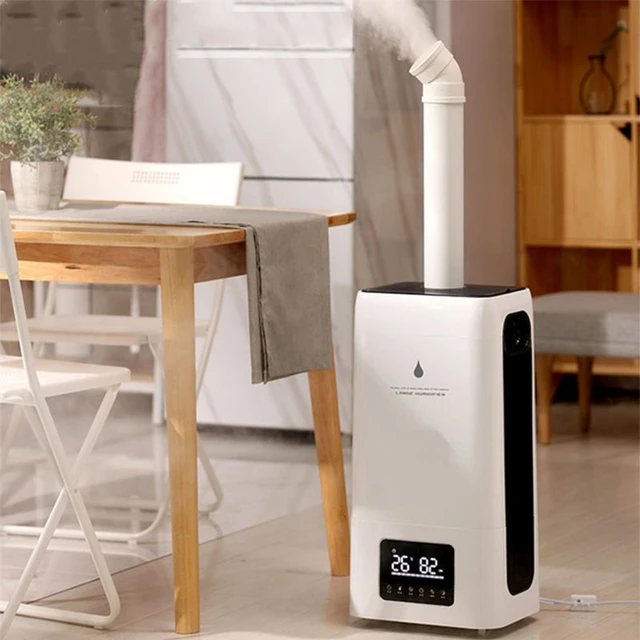
IX. Conclusion: The Choice is Yours
Deciding whether to use distilled water or alternative options in your humidifier depends on various factors, such as cost, convenience, and the specific needs of your humidifier and environment. While distilled water offers the advantage of being mineral-free and potentially reducing scale build-up, tap water or filtered water can still be viable options.
Irrespective of the water source, proper maintenance practices, regular cleaning, and adherence to manufacturer guidelines are crucial for maintaining a healthy and efficient humidifier. Understanding the impact of different water options and monitoring indoor conditions will help you make an informed decision that suits your needs, allowing you to enjoy the benefits of a properly humidified environment.
